As we get older, our bodies change and so do our fitness needs. What worked for us in our 20s may not be the best option for us in our 30s and beyond. Here are some workout habits that you should leave behind after 30 and some alternatives that can help you stay healthy and fit.
- Skipping warm-ups and cool-downs
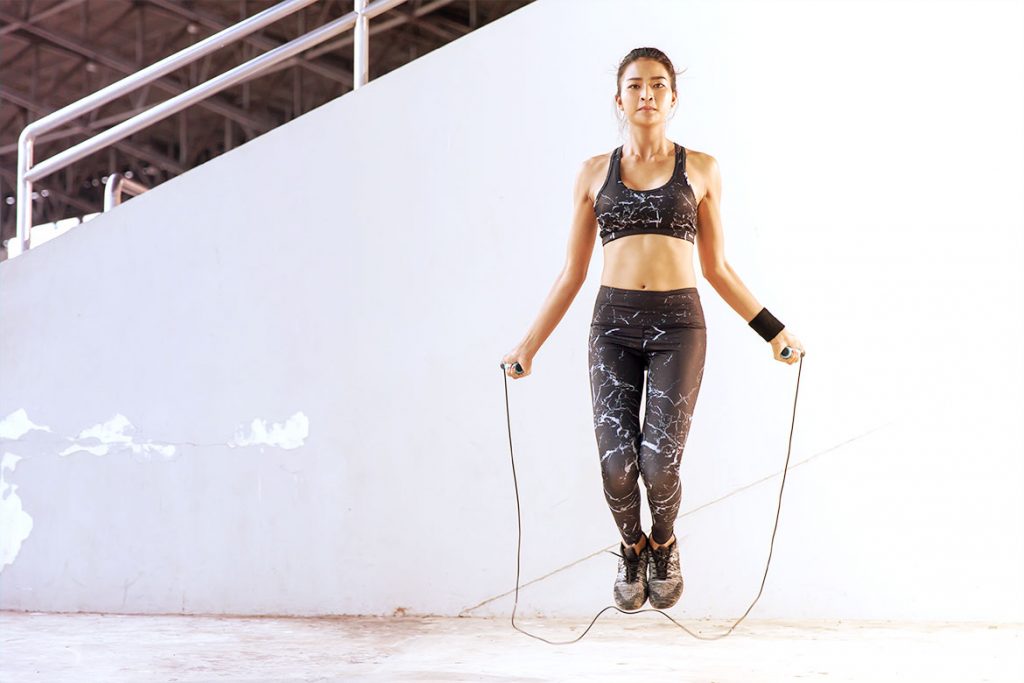
Warming up before a workout and cooling down after it are essential for preventing injuries and improving performance. As we age, our muscles, joints and tendons become less flexible and more prone to strains and sprains. A good warm-up prepares your body for the exercise by increasing blood flow, raising your heart rate and loosening up your muscles. A good cool-down helps your body recover by lowering your heart rate, reducing muscle soreness and restoring your normal range of motion.
Instead of skipping these important steps, make sure you spend at least 10 minutes before and after each workout doing some dynamic stretches, light cardio and breathing exercises. This will help you avoid injuries, improve your mobility and enhance your results.
- Doing the same routine over and over
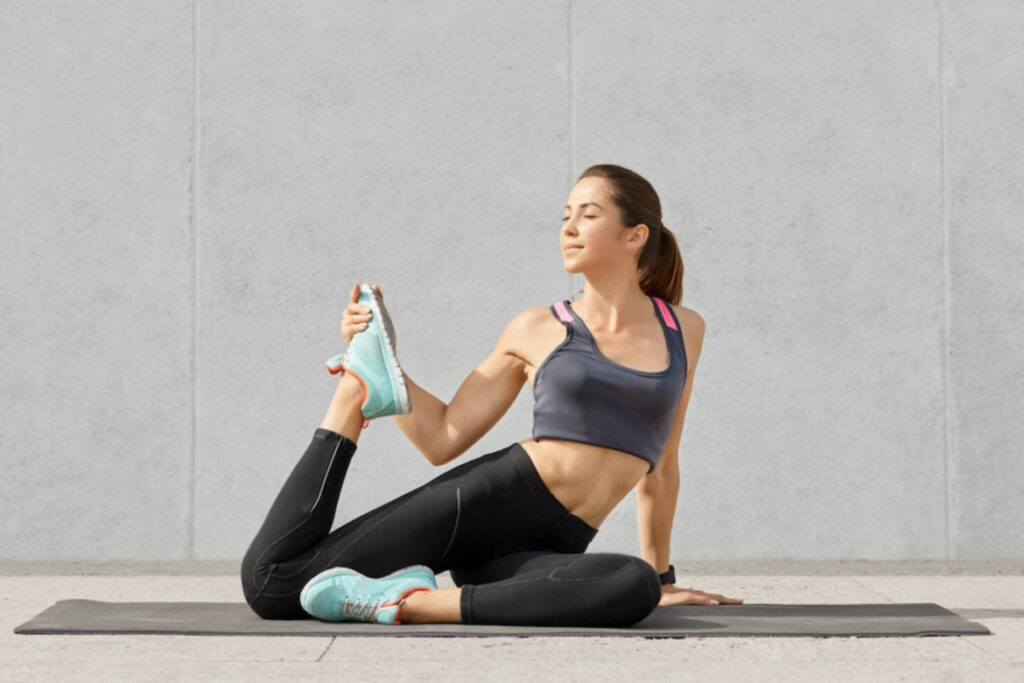
Variety is the spice of life, and also the key to a successful workout program. Doing the same exercises over and over can lead to boredom, plateaus and overuse injuries. As we age, our bodies adapt to the stimuli we expose them to, which means we need to challenge them with different types of workouts to keep them guessing and growing.
Instead of sticking to the same routine, try mixing up your workouts every few weeks by changing the exercises, intensity, duration, frequency or mode of training. For example, you can switch from running to cycling, from lifting weights to doing bodyweight exercises, from high-intensity intervals to low-intensity steady state cardio or from working out five times a week to three times a week with more rest days. This will keep your workouts fun, fresh and effective.
- Neglecting strength training
Strength training is not only for building muscles, but also for maintaining bone density, boosting metabolism, improving posture and preventing age-related muscle loss. As we age, we lose about 3-5% of our muscle mass per decade after 30, which can lead to sarcopenia (muscle wasting), osteoporosis (bone loss), frailty and increased risk of falls.
Instead of ignoring strength training, make it a part of your workout programme at least twice a week. As resistance, you can utilise free weights, machines, resistance bands, or your own bodyweight. Aim for 8-12 reps every set, and 2-3 sets per exercise. Work on all of your major muscle groups, including your chest, back, shoulders, arms, legs, and core. Strength exercise will help you maintain muscle mass, increase bone density, raise metabolism, and improve your overall health.
- Overdoing cardio

Cardiovascular exercise is great for improving your heart health, burning calories and reducing stress. However, too much cardio can have some negative effects on your body after 30. Excessive cardio can cause chronic inflammation, hormonal imbalances, oxidative stress and muscle loss. These factors can impair your recovery, lower your immunity and increase your risk of injury.
Instead of overdoing cardio, try balancing it with strength training and rest days. Aim for 150 minutes of moderate-intensity cardio or 75 minutes of vigorous-intensity cardio per week. You can split this into shorter sessions throughout the week or do longer sessions on fewer days. Choose a type of cardio that you enjoy and that suits your fitness level: walking, jogging, cycling, swimming or dancing are some examples. Cardio will help you improve your endurance, burn fat and enhance your mood.
- Ignoring pain
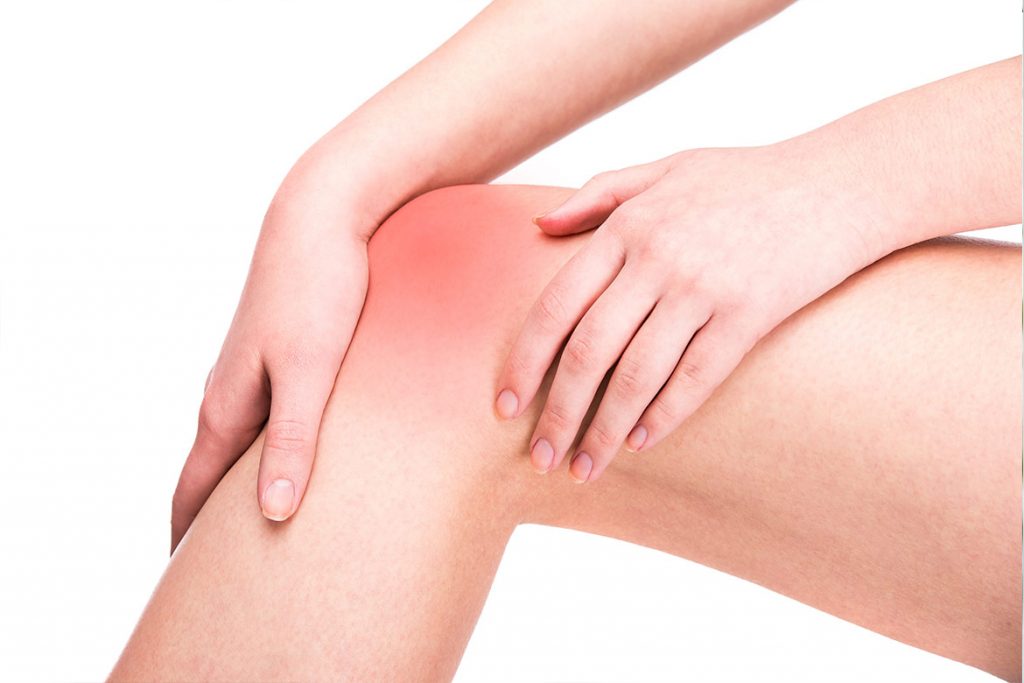
Pain is your body’s way of alerting you to the fact that something is amiss. Ignoring pain can result in more harm and consequences that may necessitate medical treatment or surgery. Our pain tolerance lowers as we age, and our recovery time increases. This means we must pay closer attention to our bodies’ messages and respond accordingly.
Instead of ignoring pain, try listening to your body and taking care of it. If you feel any pain during or after a workout, stop what you are doing and assess the situation. If the pain is mild or moderate, you may be able to treat it with some ice, rest or anti-inflammatory medication. If the pain is severe or persistent, you may need to see a doctor or a physiotherapist for diagnosis and treatment. Pain is not a sign of weakness or toughness; it’s a sign of injury or illness that needs attention.
- Skipping recovery
When it comes to fitness, recovery is just as vital as exercise. Recovery helps your body to recover from the stress of exercise and prepare for the next challenge. Because of decreasing blood flow, hormonal changes, decreased protein synthesis, and increased inflammation, our healing time slows as we age. This indicates that we will require more time and attention to recuperate correctly and avoid overtraining.
Instead of skipping recovery, try prioritizing it in your workout schedule. Make sure you get enough sleep, hydration, nutrition and relaxation to support your recovery process. You can also use some recovery techniques such as massage, foam rolling, stretching or meditation to enhance your recovery. Recovery will help you prevent injuries, improve performance and feel better.
- Comparing yourself to others
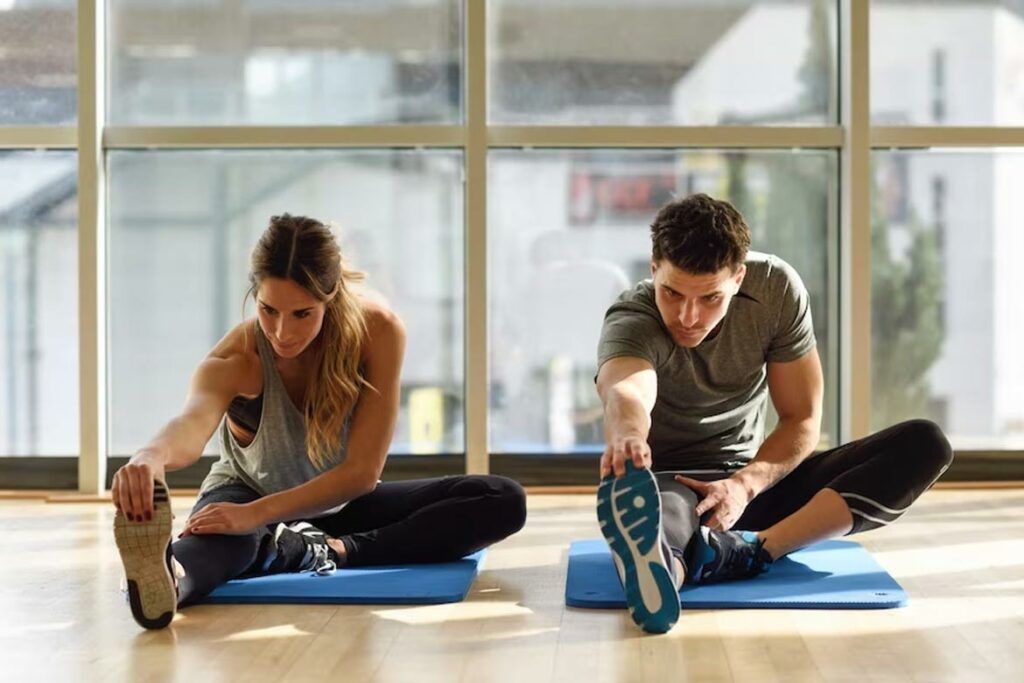
Read more: 10 Best Home Equipment for Home Workout
One of the worst habits you can have after 30 is comparing yourself to others. Whether it’s someone on social media, a friend, a celebrity or even yourself in the past, comparing yourself can make you feel insecure, discouraged and unhappy. Everyone has their own journey, their own goals, their own challenges and their own achievements. Comparing yourself to others is like comparing apples to oranges; it’s unfair and pointless.
Instead than focusing on others, try concentrating on yourself and your accomplishments. Celebrate your accomplishments, no matter how big or small. Recognise your obstacles, but don’t allow them stop you. Set attainable but not restrictive goals. Be pleased of yourself, but don’t get too comfortable. You are one-of-a-kind, extraordinary, and sufficient.
Conclusion
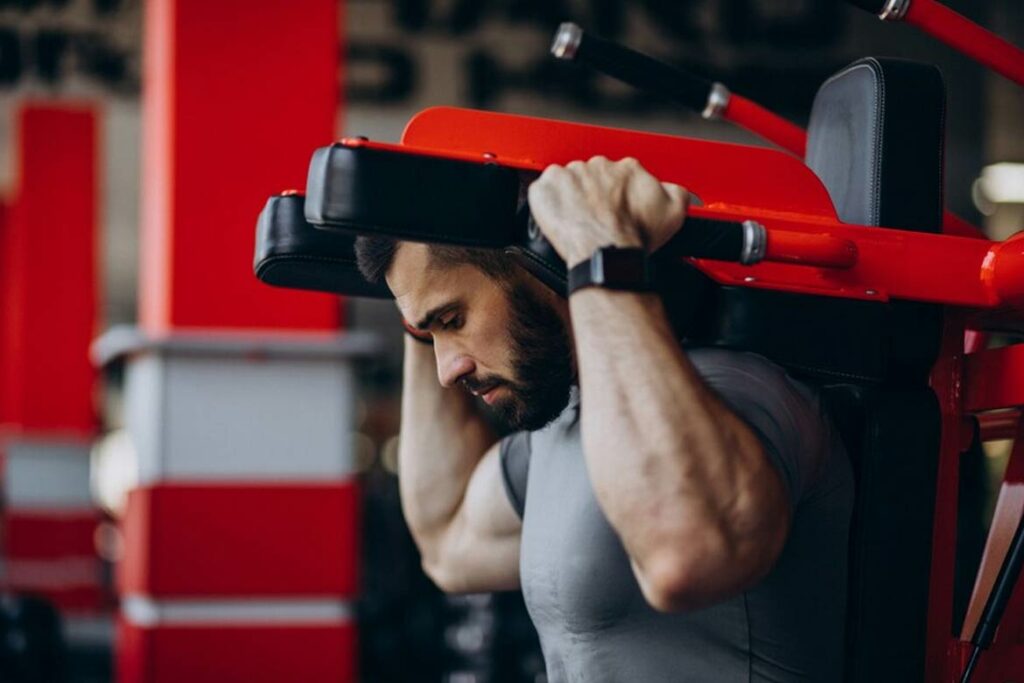
After 30, your fitness needs change, but that doesn’t mean you have to give up on working out. By leaving behind some bad habits and adopting some good ones, you can stay healthy and fit after 30 and beyond. Remember: warm up and cool down, vary your workouts, strength train, balance cardio, listen to pain, recover well and focus on yourself.
